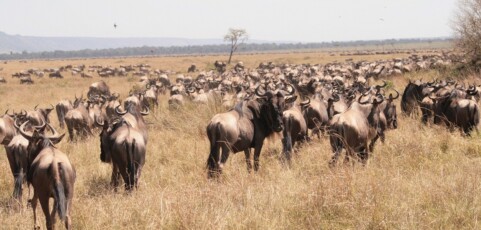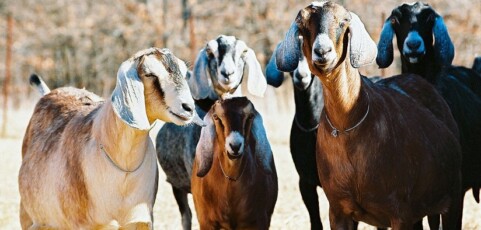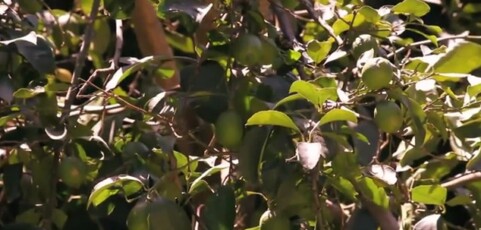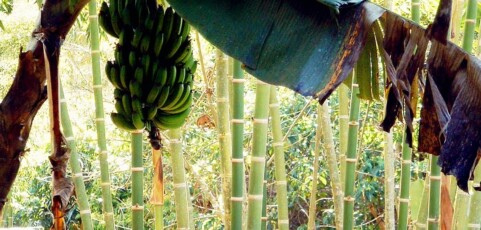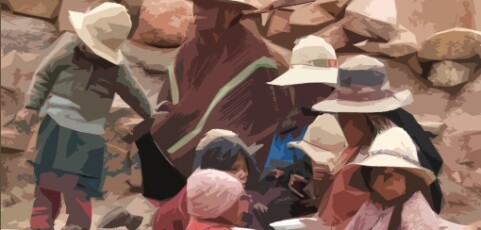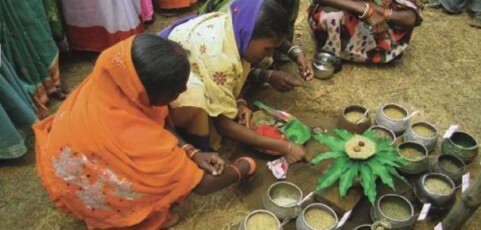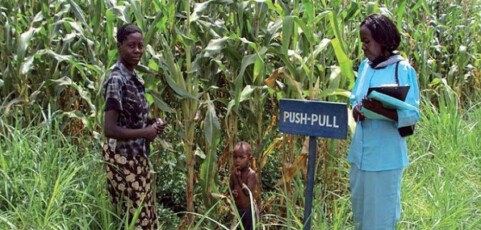This paper examines the relationship between organic agriculture and food security in Africa, analysing organic agriculture’s impact on food availability as well as natural, social, human, physical and financial capital in the region. Given the paper’s origins, special attention has been given to East Africa throughout the paper, including analysis of 15 case studies. The conclusions and findings are, however, relevant for all African countries as well as many other developing countries around the world.
Using Small-Scale Adaptation Actions to Address the Food Crisis in the Horn of Africa: Going beyond Food Aid and Cash Transfers
Read MoreSustainable intensification in African Agriculture
These projects of sustainable intensification drawn from across Africa show that if there is a political and economic domestic recognition that ‘agriculture matters’, then food outputs can be increased not only without harm to the environment but also in many cases to increase the flow of beneficial environmental services.
Agroecologas en la Academia
Resumen ponencia “Agroecólogas en la academia” presentada en la mesa Contribuciones de las mujeres al avance y consolidación de la Agroecología, que se realizó como parte de las actividades del Tercer Congreso Latinoamericano de Agroecología, el día 17 de agosto del año en curso, en Oaxtepec, Morelos.
MAELA 20 años
Read MorePutting Farmers First in Sustainable Agriculture Practices
This paper describes key principles and approaches of sustainable agriculture, particularly at local community level, as a key alternative to GM crops and industrial agriculture systems. This is followed by an account of the successes of sustainable agri-culture practices in some parts of developing countries, illustrated by three case studies.
Revalorización y conservación de la diversidad biocultural andina
BioAndes was a regional programme carried out in Bolivia, Ecuador and Peru with the objective of “strengthening the capacities of local actors in the sustainable management of the region’s biodiversity”. Having run for 5 years, they were interested in presenting a detailed document to the national and regional authorities. With the help of many of those directly involved in the programme, ILEIA carried out a systematisation process, and presented the results as a 100-page document.
Strengthening people-led development
A joint effort of local communities, NGOs and donors to redefine participation. Readers can find in the successful examples of participatory methods presented, a source of motivation and inspiration.
Impact assessment of push–pull technology developed and promoted by icipe and partners in eastern Africa
Push-pull method is a method for maize cultivation. It was developed by icipe in Nairobi and is currently disseminated widely. The impact assessment demonstrates the transformation from non-sustainable to more sustainable forms of maize cultivation and illustrates it by drawing from specific examples from farmers.


